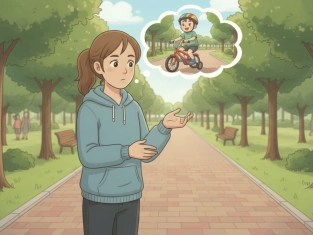Will vs Be going to
Table of Contents
Exercises
Explanation
Both will and be going to are used to talk about the future, but they have different meanings.
“Will” – Decision at the Moment of Speaking
We use will when we decide to do something right now, at the moment of speaking.
Examples:
-
There’s no milk. → I’ll buy some after work.
-
The phone is ringing! → I’ll answer it!
-
Don’t worry, I’ll help you with your homework.
“Be Going To” – Plan Made Before
We use be going to when the decision or plan was made before the conversation.
Examples:
-
I’m going to visit my grandma this weekend.
-
She’s going to start a new job next month.
-
We’re going to paint the living room tomorrow.
Predictions
|
Type of Prediction |
Form Used |
Example |
|
Based on what you think |
will |
I think it will snow tomorrow. |
|
Based on what you see now |
be going to |
Look at those clouds! It’s going to rain soon. |
Other Uses of “Will”
We also use will for:
-
Facts about the future: The sun will rise at 6 a.m.
-
Promises or offers: I’ll call you tonight. / I’ll help you with that box.
-
Requests: Will you open the window, please?
Quick Tips
-
Use will → for spontaneous actions, offers, and quick decisions.
-
Use be going to → for plans or intentions made before the moment of speaking.
-
Use be going to → for predictions based on what you see now.

